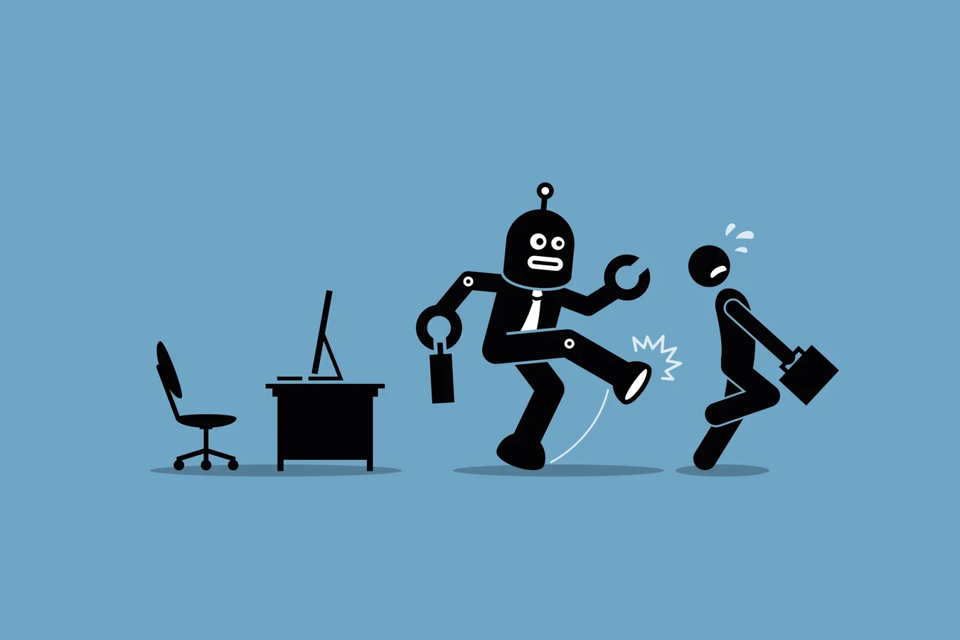Confronting Anxiety About AI: Workplace Strategies For Employee Mental Health

While the full integration of AI into the workplace remains on the horizon, its mental health impact on employees is already being felt. Even as businesses consider how they might best harness new AI tools, they must also consider how to proactively address the anxiety, stress, and uncertainty caused by growing fears of AI automation.
Just consider a recent survey by the American Psychological Association, which finds that almost two-in-five workers worry that AI might make their job obsolete. Further, these respondents were significantly more likely to report that their work has a negative impact on their mental health – 51 percent compared to just 29 percent for those who do not worry about AI.
This association reaches across a range of negative feelings and impacts related to work. These workers were also more likely to report poor mental health, feelings of stress and emotional exhaustion, low motivation and productivity, and the belief that they do not matter to their employer. It’s no surprise, then, that almost half of those worried about AI also intend to look for a new job in the next year. These impacts were also more common among more vulnerable workers, including people of color and people with a high school education or less.
Given these alarming figures, employers can’t afford to “wait and see” on AI. In fact, even if an organization does not have plans to adopt AI, the mere prospect and public conversation on this topic is likely affecting employees already.
Organizations must get ahead of speculation with proactive communication and strategy on what AI means for their workplace. After all, like any technology, the impacts of new AI tools depend on their application – with the potential to make jobs more engaging, creative, and enjoyable. Additionally, there are direct mental health applications of AI, like for mental health screening and in neuroscience research to penetrate and find patterns in the vast amount of data required in brain science.
Here’s what employers can do to help ease the anxiety about AI:
Proactively communicate about plans for AI. According to a new survey by UKG, over half (54%) of employees have no idea how their companies are using AI, while 78% of C-suite leaders say their company is using AI today. Keep in mind that AI is not a monolith; there are many applications that can have little impact on employees (like AI in spam filters) or a positive impact (like AI built into the tools they already use). When organizations share these applications, it makes AI less anxiety-provoking and more normal. An estimated 75% of employees said they would be more excited about AI with more company transparency.
Train employees to use AI tools and engage them in planning. Many AI tools will likely augment, not replace, aspects of a worker’s responsibilities. However, they may need training on how best to use these tools. A recent OECD report about AI that surveyed both employers and workers found that training and worker consultation are associated with better outcomes for employees.
Explore AI mental health tools and education. AI can provide important benefits in workplace mental well-being. AI-powered assistants can communicate with employees, detect signs of mental health distress, and suggest potential resources, with confidentiality. AI-powered platforms can also help employees access resources on mental health, including education on the importance of managing mental health or Cognitive Behavioral Therapy (CBT) techniques.
It’s critical to account for mental health when planning for new AI tools, especially to maintain trust, well-being, and retention among employees. With a strategy that communicates, trains, and prioritizes mental health, AI can better augment the workforce and the future of work.
We will all also benefit by the acceleration of science to lead to better and more evidenced based treatments and diagnostic tools for mental health illnesses.
